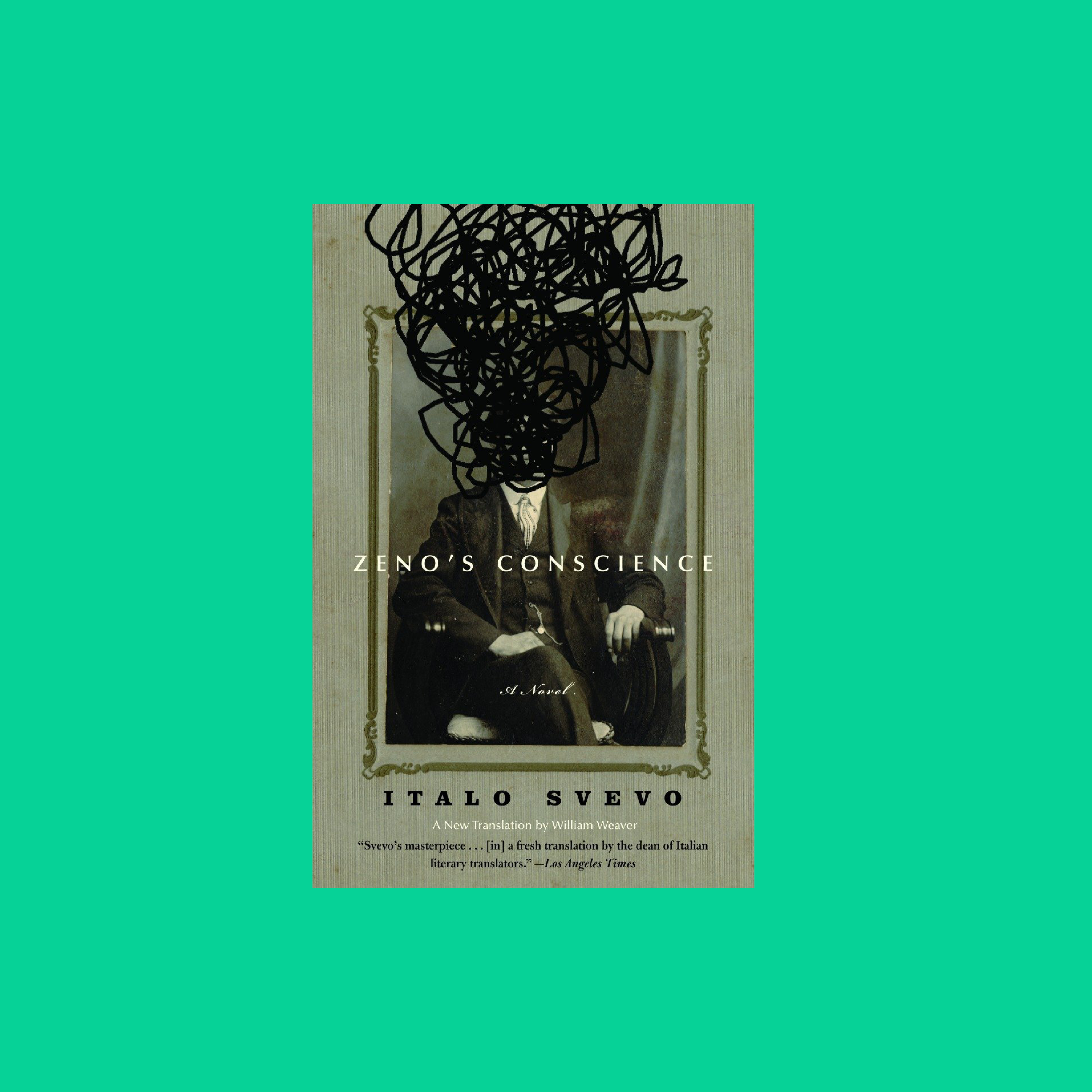APS TOGETHER
Day 14
Zeno’s Conscience by Italo Svevop. 272–p. 296 (“I would not torment myself any more for having wanted to play that false role of Mentor.”)
September 26, 2022 by Claire Messud
Zeno then turns to his friendship, and business relationship, with his brother-in-law Guido: flattered by the invitation to join Guido’s business, he later wonders, “Why should I feel good in that position simply because I believed my great friendship for Guido signified a great indifference toward Ada?” Once again, the motivations behind Zeno’s actions are perverse and objectively inscrutable!
Guido and Zeno in business are a bit like Dumb and Dumber: just as Giovanni mocked Guido for not being able to read the newspaper like a businessman, so too Guido, “for all his Higher School education… had a rather hazy notion of credit and debit.” Their runner, Luciano, ultimately fares better in business than they do.
Zeno, finding a new manifestation for his desire to please others, becomes an inert and passive partner in Guido’s affairs: “Never did I force him into a transaction, nor did I ever talk him out of one.”
In a now-antiquated patriarchal stereotype, the office secretary, Carmen, is hired for her beauty, although she can’t type, take shorthand, or speak any foreign languages. When Ada comes to have a look at her husband’s new employee, Zeno attributes to the scene the predictable dichotomy: “Carmen seemed an intensified Ada…the latter…was made to be a wife or mother, while the other…was cast as mistress.” Does man’s objectifying gaze make it so?
Almost in passing, Zeno reveals that he made an unwanted pass at Carmen after Carla had left him—with the thought that he could share Guido’s mistress with him. In a darkly comic but humanly revealing confession, he justifies himself thus: “All these women who firmly rejected me gave my life a downright tragic cast.”
Zeno riffs on the distinction between words that are words and words that are “out-and-out actions”—such as Iago’s. Here, his musing is comic; but it’s actually a vital distinction, and one that defines modernity.
